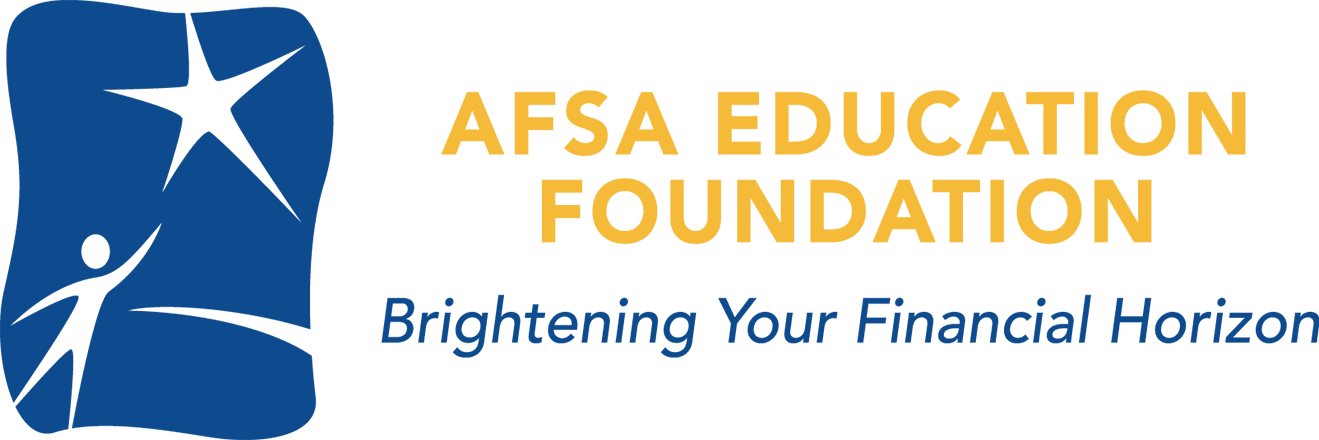More Comprehensive |
New Jersey |
|---|---|
| State-by-State Assessment of Personal Finance Education Standards | |
| State Department of Education Link | https://www.nj.gov/education/ |
| Stand-Alone Personal Finance Standards | Yes All districts were required to align K-12 curriculum to the Personal Financial Literacy standards by September 2015. Students must fulfill at least 2.5 credits in financial, economic, business, and entrepreneurial literacy for graduation. |
| Personal Finance Standards in Career and Technical Education (CTE), Family and Consumer Sciences | Yes Consumer Family and Life Skills has embedded financial literacy standards and can be used as credit toward a student’s graduation requirement. There are several other CareerTech course options besides FCS that also count for the financial literacy credit. |
| Personal Finance Embedded in Social Studies or Economics Standards | Yes Economics has financial literacy standards embedded within the course. |
| Personal Finance or Financial Literacy Course Required for Graduation or Required to be Offered | No While no math courses have the standards embedded, a certified math instructor can teach a personal financial literacy course. |
| Personal Finance or Financial Literacy Course Required for Graduation or Required to be Offered | Yes Students must receive 2.5 credits of personal financial literacy between grades 9-12 from a highly qualified teacher. There are several courses from which students can receive credit. https://www.state.nj.us/education/aps/cccs/career/FLFAQ.htm#align |
| State Assessment of Personal Finance Required | No While there is not a state assessment specific to personal financial literacy, school districts are “responsible for assessing and publicly reporting on the progress of all students in developing the knowledge and skills specified by the New Jersey Student Learning Standards, including civics, financial literacy, and all content areas not currently included in the statewide assessment program. |
